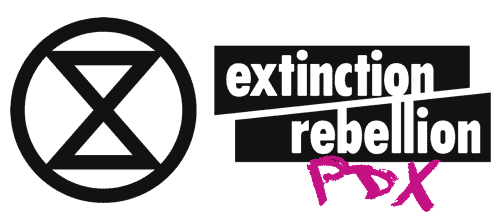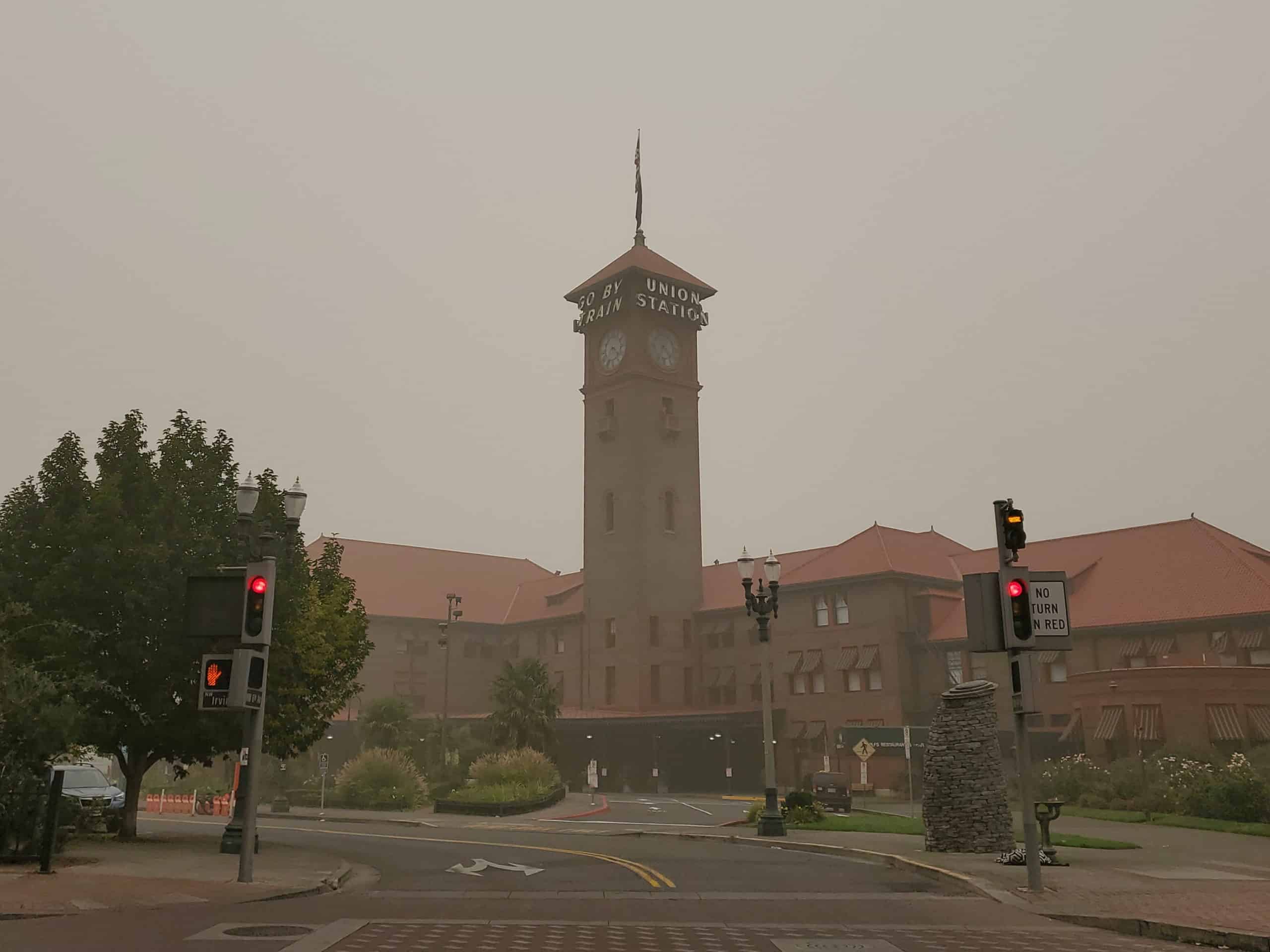Governor Kate Brown is already invoking the Emergency Conflagration Act as fire season kicks off and, while we don’t know if we’ll get a repeat of last year’s inferno, our first brutal heat wave, not even a week into summer, doesn’t inspire confidence.
The time to prepare is now, so get your supplies before the rush. Here are some personal recommendations.
The most obvious thing is air filtration systems and they’re probably what people are most familiar with. In a pinch, you can strap a vent filter to the back of a box fan.
Then there’s gas masks and respirators, which will be necessary to safely leave home. There are many options but the crucial thing is that your filters should be rated P100, meaning they let barely anything through. The most dangerous particulates aren’t the big flakes (called PM10), which are relatively easy to filter, but the bits that are so tiny (PM2.5) that they could potentially pass from your lungs directly into your bloodstream.
The easiest filters to get are probably 3M filter cartridges. They’re the standard protection used in protests and anything that’s good enough for tear gas is good enough for ash. (Just make sure you don’t get the single use masks where you can’t replace the filters.) Their limitations are that they don’t work with full beards (which prevent a seal from forming), they’re horrible to wear while sleeping, and they don’t come in children’s sizes.
The third thing is an emergency water supply. This is a staple of emergency preparedness and this is the perfect time to take care of it! The recommendation is to have 14 gallons of water per person in a household, as humans tend to need one gallon of water per day for drinking, cooking and hygiene. 14 single gallon jugs take up a lot of room but dedicated storage barrels are surprisingly compact and can live in a backyard or stashed away in a closet.
Finally, there’s the bug out bag, which is a pre-loaded backpack that you can grab and go in the event of an evacuation. These can be costly and time-consuming to put together but could save your life in emergencies where minutes make the difference.
Climate change is expensive.

